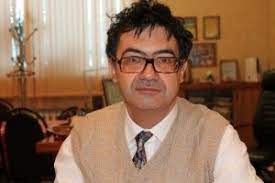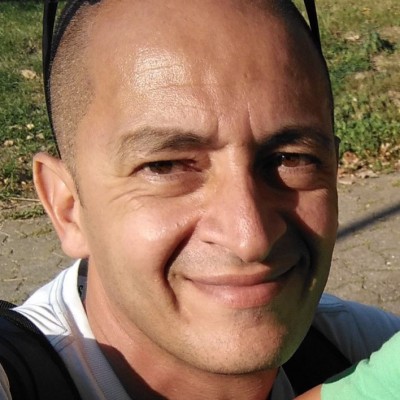Network Architecture
Professors
Prerequisites:
The concepts related to networking in general are introduced during the course ; however, a basic knowledge about computer programming and cryptography might be useful (although they will be briefly covered in the complementary content)
Pedagogical objectives:
At the end of the course the student will be able to understand the working principles of Internet, will know the main protocols of the TCP/IP stack and will be able to use wireshark for network traffic analysis.
Evaluation modalities:
The exam consists of an oral test (that includes an interview on theoretical topics and a practical test on traffic analysis) and/or written exam, and evaluation of lab reports.
Description:
The aim of the course is twofold : on one side it provides an introduction to the general principles of networking and an overview of the main protocols of the TCP/IP stack, on the other side more advanced topics such as end-to-end congestion control and evolution of transport layer protocols are presented.
Topics:
- Delay, loss and throughput in packet-switched networks
- Protocol layers and their service models
- Transport layer services and protocols
- Evolution of transport layer protocols : TCP variants, DCCP and QUIC
Complementary content:
- Refresh on architectural principles of telecommunication networks.
- Refresh on IP addressing implication in routing.
- Link-state routing protocols.
- Congestion control and congestion avoidance in TCP.
books] James F. Kurose, Keith W. Ross, "Computer Networking: A Top-Down Approach", 8th edition, Pearson Addison-Wesley Peter L Dordal,"An Introduction to Computer Networks", 2ndedition http://intronetworks.cs.luc.edu (for consultation) [devices] Laptop/Desktop with Linux and Wireshark (to be used also during the final exam) [urls] http://gaia.cs.umass.edu/kurose_ross/index.php
Devices:
- Laboratory-Based Course Structure
- Open-Source Software Requirements

